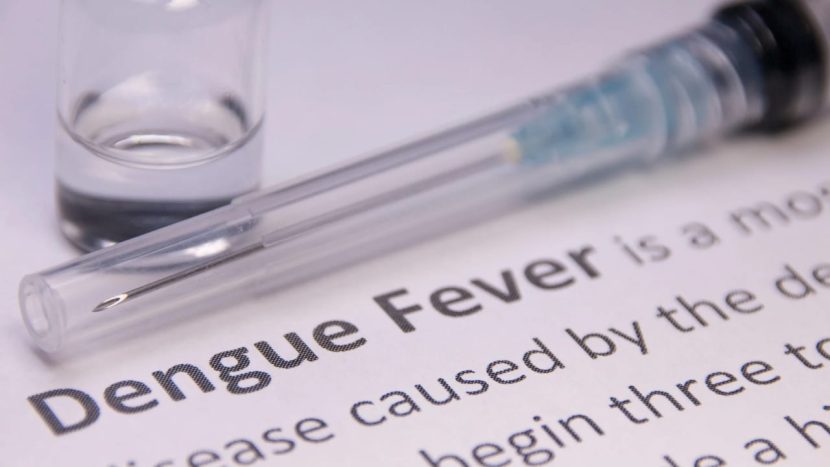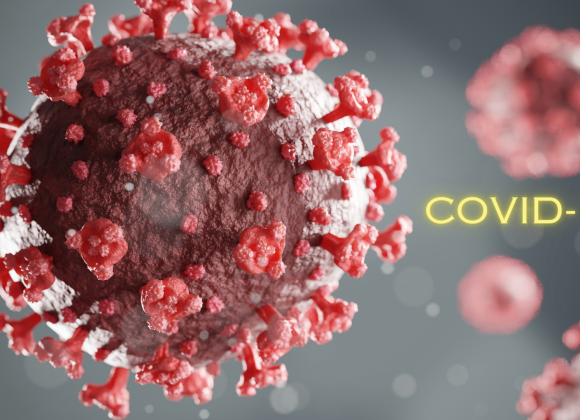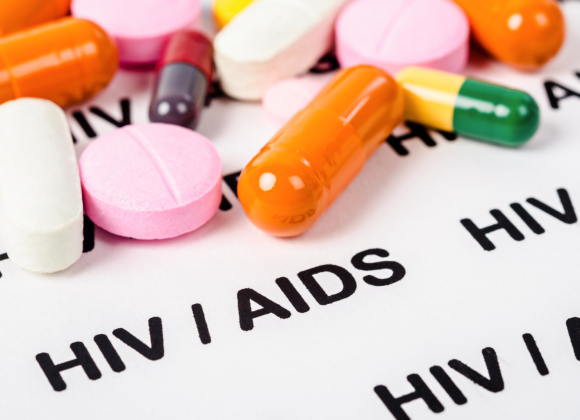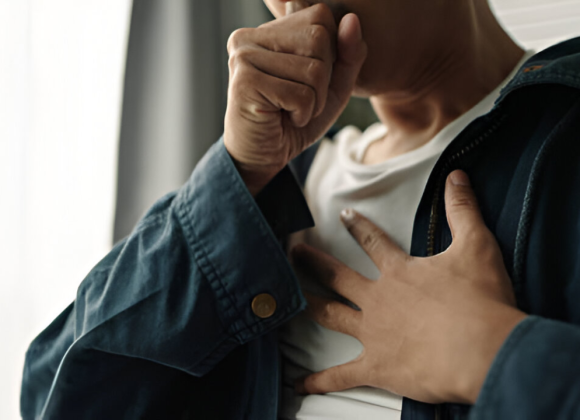Dengue fever is a mosquito-borne viral illness that affects millions of people every year, particularly in tropical and subtropical regions. Despite growing public awareness, many misconceptions remain, especially regarding how the disease spreads. A frequently asked question is: “Is dengue contagious from person to person?”
This blog clarifies the facts about dengue transmission, debunks common myths, and outlines preventive measures you can take to stay safe.
What Is Dengue Fever?

Dengue fever is a viral infection caused by the dengue virus (DENV), which is primarily spread through the bite of an infected Aedes aegypti mosquito. There are four distinct strains of the virus, and infection with one type does not provide immunity against the others. Common symptoms include a sudden high fever, severe headache with pain behind the eyes, joint and muscle pain (often referred to as “breakbone fever”), skin rashes, nausea or vomiting, and extreme fatigue. In some cases, dengue can become severe, progressing to Dengue Hemorrhagic Fever or Dengue Shock Syndrome—both of which are medical emergencies and require prompt hospitalization.
🔗 Read the full WHO fact sheet on dengue
Is Dengue Contagious from Person to Person?
No, dengue is not contagious in the traditional sense. It cannot be transmitted through:
- Touching or hugging
- Kissing
- Sneezing or coughing
- Sharing food, water, or utensils
Dengue does not spread from one person to another through casual contact.
How Does Dengue Spread?
Dengue spreads through the bite of an infected Aedes aegypti mosquito. When the mosquito bites an infected person, the virus incubates inside it for 8–12 days. After that, it can transmit the virus to others through its bite. Dengue is not spread directly from person to person.
🔗 CDC on How Dengue Spreads
Common Myths About Dengue Transmission
Myth 1: Dengue spreads through cough or sneeze
Fact: Dengue is not airborne.
Myth 2: You can get dengue by sharing meals or hugging
Fact: There is no person-to-person transmission.
Myth 3: Mosquitoes breed only in dirty water
Fact: Aedes mosquitoes prefer clean stagnant water, like flower pots, tires, or open containers.
How to Protect Yourself
- Apply mosquito repellents – Use DEET-based or natural repellents, especially during early morning and evening when mosquitoes are most active.
- Wear full-coverage clothing – Long-sleeved shirts and trousers help reduce skin exposure to mosquito bites.
- Eliminate breeding spots – Regularly remove standing water from containers like flower pots, coolers, and buckets to prevent mosquito breeding.
- Use mosquito nets and screens – Install fine mesh screens on windows and doors, and sleep under mosquito nets for added protection.
- Community fogging – Take part in or request local fogging drives during peak dengue season to control mosquito populations.
Final Thoughts
Dengue is not contagious from one person to another. It spreads only through infected mosquito bites. Dispelling myths and understanding the real transmission process is key to prevention.
Take proactive steps to protect yourself and your family, especially during peak mosquito activity seasons. Awareness, prevention, and cleanliness are your strongest tools in the fight against dengue.




